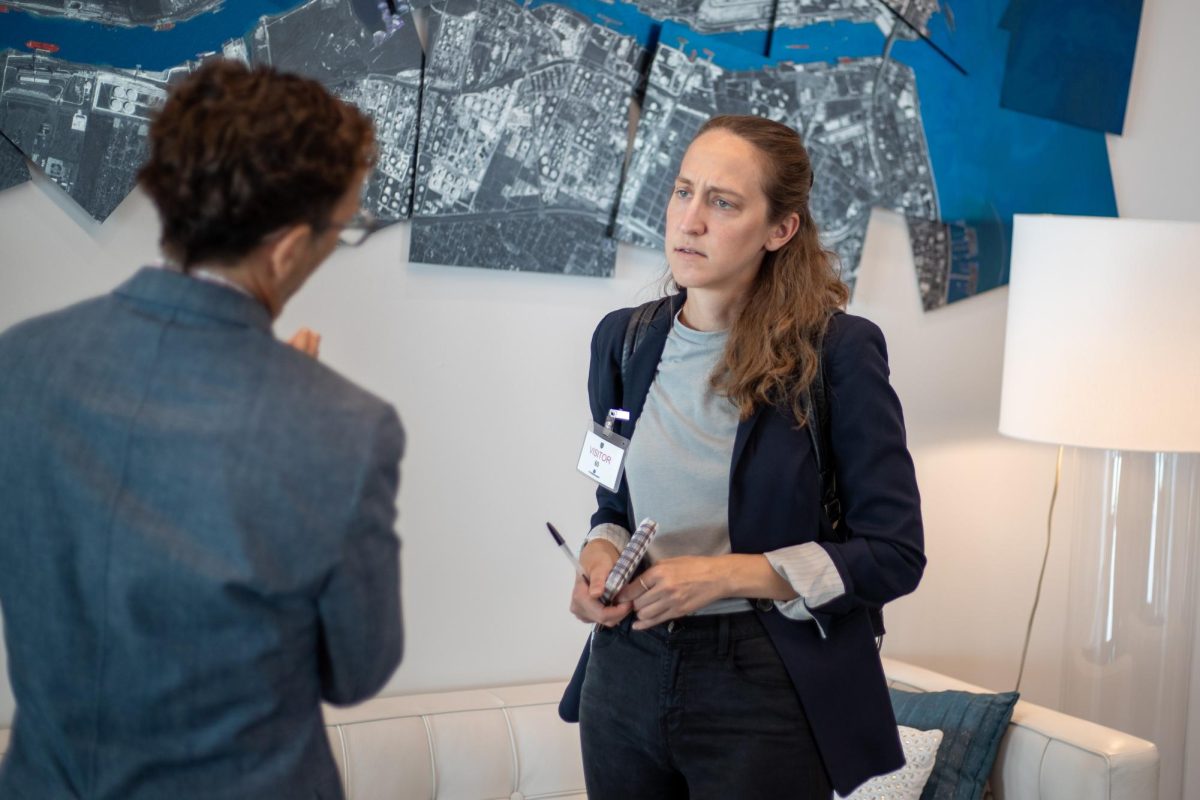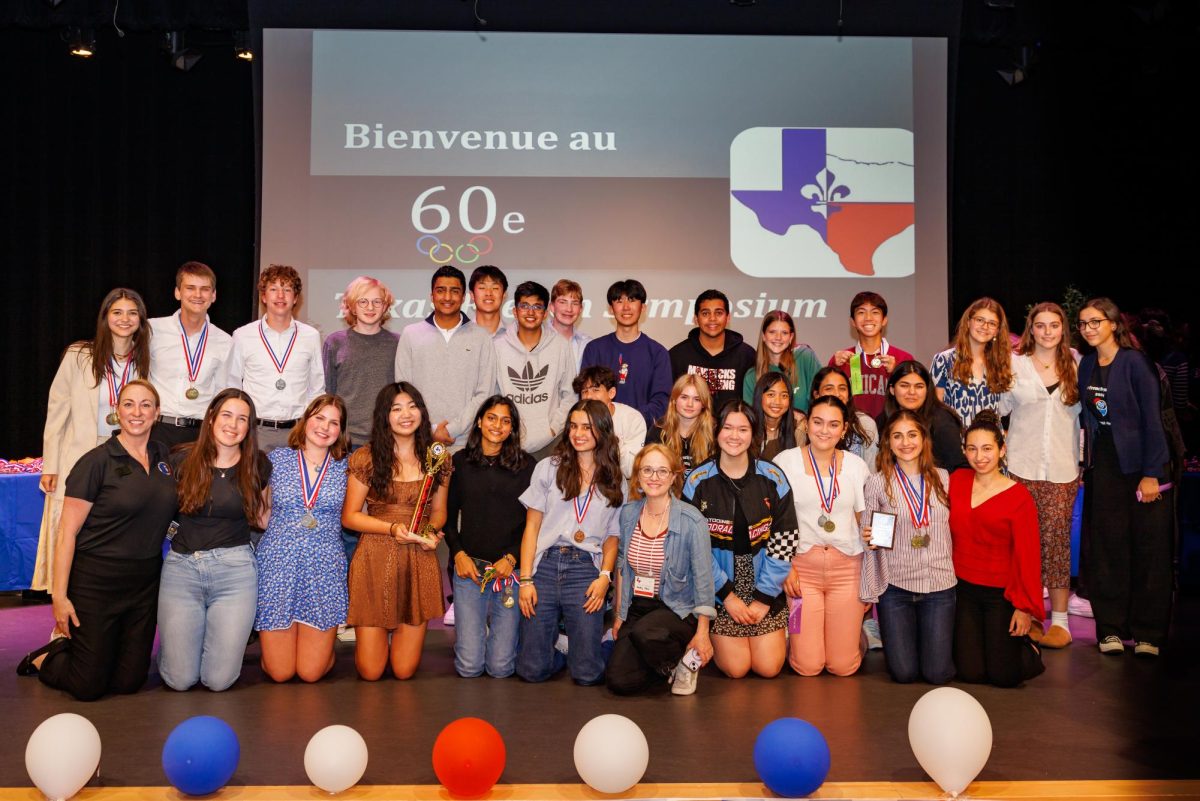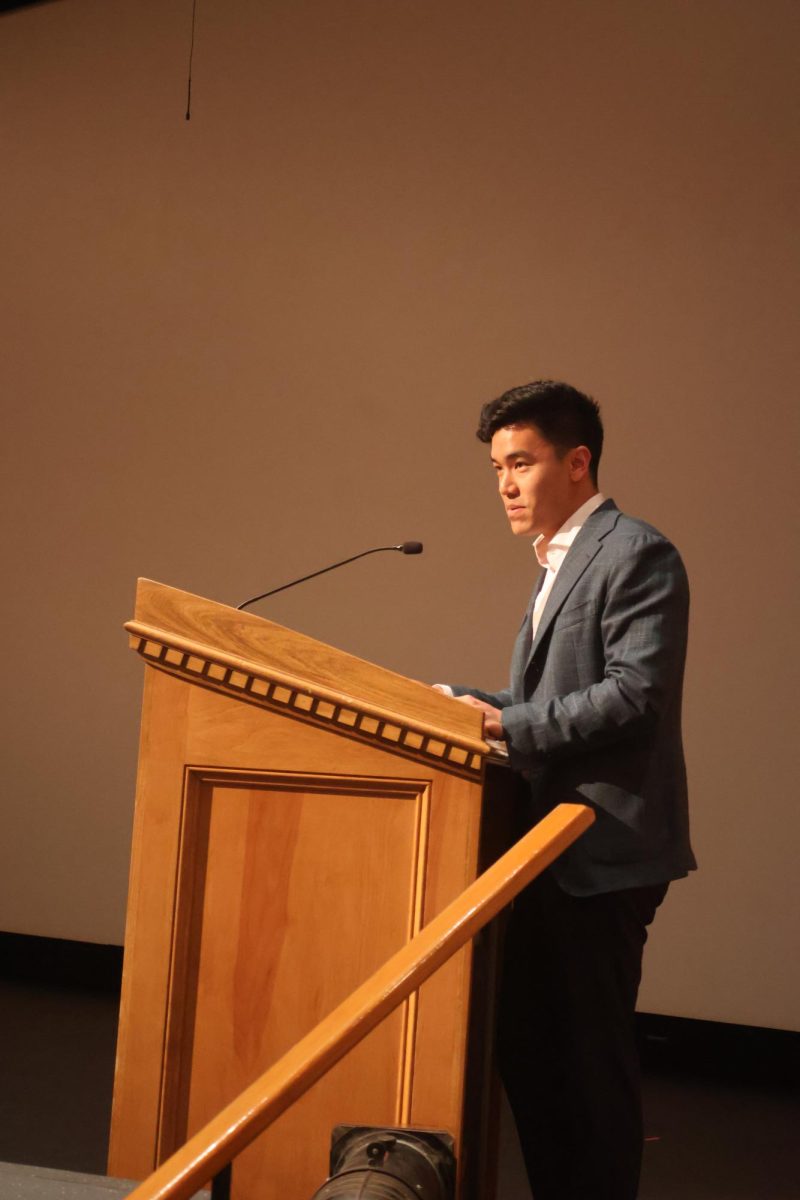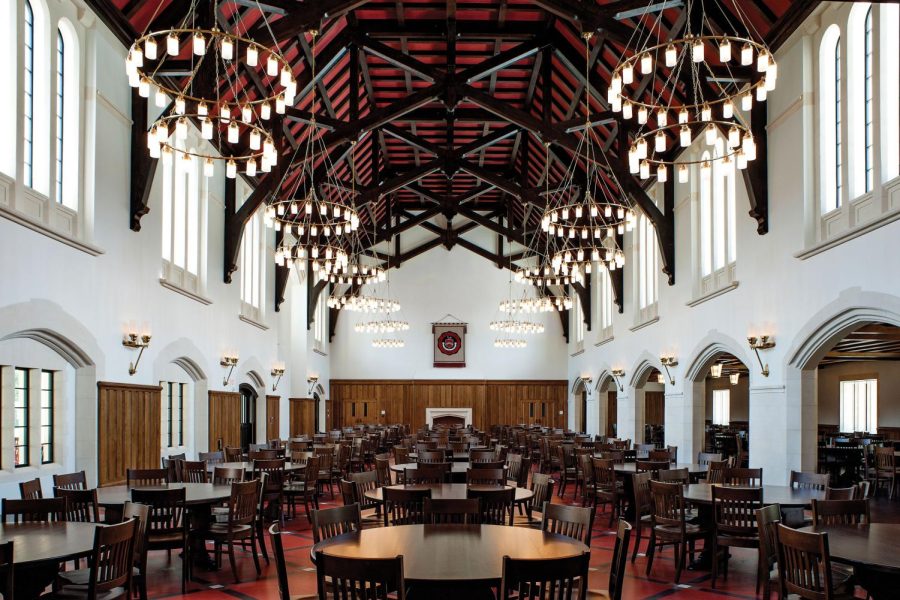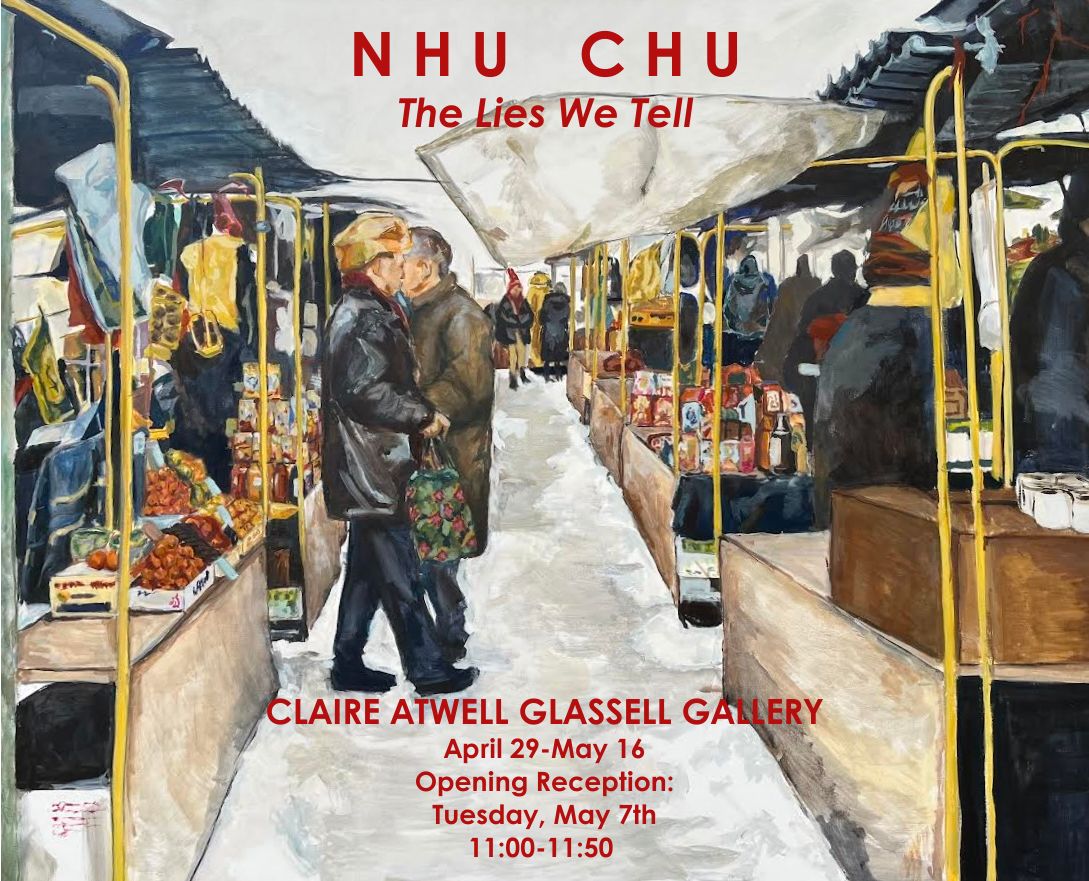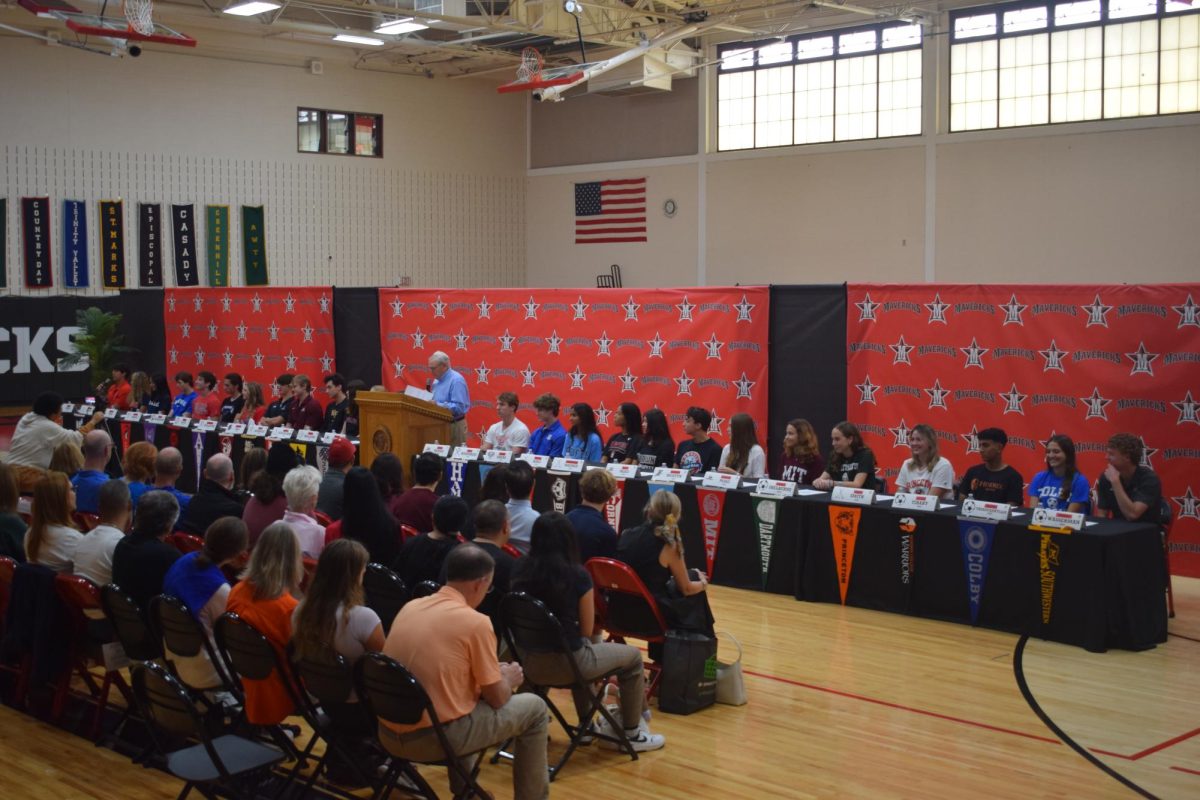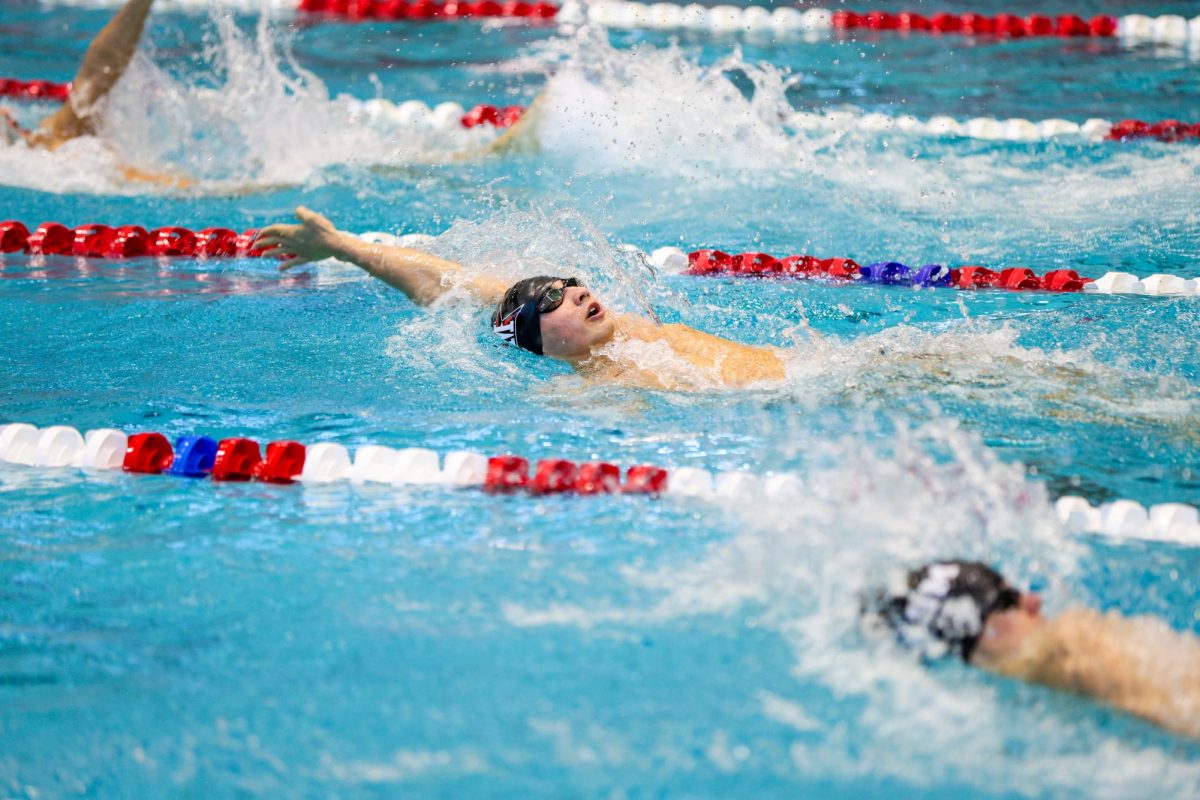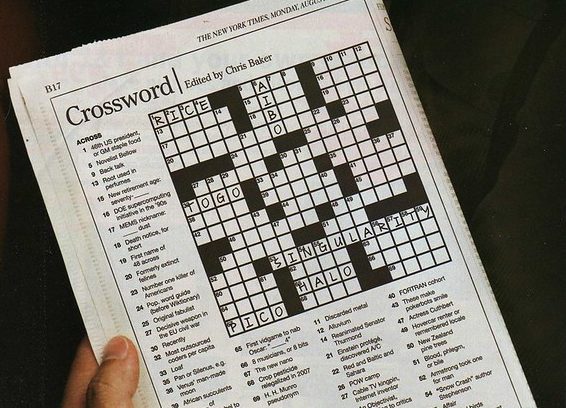Emily Foxhall always had a knack for storytelling—even in the chemistry classroom at St. John’s. Upon graduating from the School in 2009, she entered Yale University on the Pre-Med track, but by the time she graduated, she had completely shifted her career to journalism.
This August, Foxhall will join nine other journalists at the Massachusetts Institute of Technology as a Knight Science Journalism fellow. Selected out of 180 applicants from across the world, Foxhall will spend an academic year at MIT learning from top researchers and scientists, visiting laboratories and completing an independent research project.
“I admire and respect the school so profoundly, and I felt floored to have them say they believe in me and my work,” Foxhall said. “Now I am determined to take advantage of everything that they will offer me.”
When she was 25, Foxhall joined the Houston Chronicle in 2015 as a general reporter focusing on the suburbs. She later worked with the team that covered Hurricane Harvey in 2017, an important experience for Foxhall.
“I felt wholly unprepared because my job was going out to where the storm was hitting,” she said. “I drove out into the darkness as the rain was pouring, and my days were filled with seeing people who were having perhaps the worst day of their life.”
Foxhall interviewed a woman whose wedding dress was completely ruined and someone else who spent the night up in an attic above the flooded first story of their house. After the storm, Foxhall saw their belongings left outside to dry, including a generational family Bible.
“Those were things I’ll never forget. You start to realize how there’s just staggering loss both economically and emotionally,” she said. “They’re memories you’re not going to be able to replace.”
Growing up in St. John’s put Foxhall in “a bubble” that protected her from most of the devastating effects of hurricanes. When storms hit during the school year, Foxhall and her classmates mainly viewed it as a chance to stay home—her parents had a generator, and none of the peers she knew of suffered significant damage to their homes. Reporting on Harvey exposed Foxhall to the inequity of environmental disasters and the vulnerability that Houston faces.
The reporting team for Harvey was ultimately named a Pulitzer Prize finalist for breaking news coverage.
Michael Snyder, one of Foxhall’s supervisors on the Chronicle, described Foxhall as very responsive to suggestions and guidance, something “many young reporters are not receptive to.”
Snyder, who wrote one of Foxhall’s recommendations for the fellowship, particularly remembers one of Foxhall’s first assignments, a seemingly mundane story about a conflict over water rights and subsidence in northern Houston. Not only did Foxhall lay out the story in an “interesting and understandable way,” she also wrote a few follow-ups.
“Emily showed a level of sophistication in her work that I rarely saw in reporters with that level of experience,” Snyder said. “She had an ability to handle complicated assignments and turn them into an interesting and readable story.”
After environmental reporting for the Chronicle, Foxhall left the publication in 2022 for the Texas Tribune. There, she took an energy job opening. After having suburban and feature writing roles for most of her career, she gave climate reporting a try earlier this year and quickly realized her affinity for the role.
On the basic level, newspapers exist because they create a place for community. — Emily Foxhall ('09)
“I like learning the science behind it and then digesting that back into normal language in my stories,” Foxhall said. “How we confront this existential threat of a changing climate is hugely important, and I find a lot of purpose in my day-to-day work.”
At St. John’s, math and science were her strongest subjects, but she was also a Features Editor on The Review, giving her a “double-edged sword,” said Upper School chemistry teacher Roxie Allen.
Foxhall originally planned to pursue a medical career, and she considered her position on the Yale Daily News as solely extracurricular. The summer after her freshman year, Foxhall took both a writing class and also volunteered at an eye clinic in Honduras. There, she contemplated which path to pursue.
When it was time to decide a career, she reflected on the joy she found in journalism and the impact she had on the community. Foxhall wanted to try a path that was both “rewarding and challenging.”
“As a doctor I would be able to help people, but I really believe in this idea that newspapers can make whole communities better,” Foxhall said. “On the basic level, newspapers exist because they create a place for community.”
Foxhall also admires the accountability piece to journalism: “If you don’t have a local newspaper, then you probably don’t have somebody sitting in the city council meeting watching where the money is being spent or listening to what elected officials are saying.”
In 2021, Foxhall reported on chemical pollution in a rail yard in Fifth Ward, a historically Black community in Houston. She interviewed one of the neighborhood’s residents in the back room of the resident’s house because it was the only one fixed after Hurricane Harvey.
Any journalist has the story that they can’t quite let go of or can’t quite move on from. And for me, that was it.
— Emily Foxhall ('09)
State researchers found the area as a cancer cluster, and residents wanted more from the company and also expressed concerns about the cleanup. At the time, Foxhall felt that if the situation were to happen in River Oaks or Bellaire, it would have been on the front page of the paper, and change would have happened much sooner. The inequity of the issue kept the topic in her mind since then.
“Any journalist has a story they can’t quite let go of or can’t quite move on from. And for me, that was it.”
At MIT, Foxhall hopes to further study the injustice behind cleaning up chemical contamination.
“I wanted to give those stories the fairness I thought they deserved, so to have the chance to dive a little bit deeper on that topic has a strong tie for me,” she said.
“Mission” is a big part of Foxhall’s reporting. Throughout 2021 and 2022, Foxhall did extensive reporting on the oyster population in Galveston, Texas.
“Galveston Bay used to be the place to go if you wanted a wild oyster,” Foxhall said. “But the storms are getting stronger, and ever since Hurricane Ike, the oyster population has really taken a dive. It’s an industry where you can really see how climate change is linked to its decline.”
Reporting on the oyster situation in Galveston proved to be a fascinating experience. Foxhall got to know the fishermen who have farmed oysters for decades and who have bought homes and raised children through their jobs, and started to understand the real life impacts of climate change.
Throughout the application process for KSJ, Foxhall reflected on both the development of her career and also the confidence in her current work. The program starts in August, and she is excited about making new connections and honing her skills.
“When we live in Houston, climate change is something that’s affecting everyone. And if I can help provide some context to that, I go to sleep at night feeling okay about my role here in the world.”




